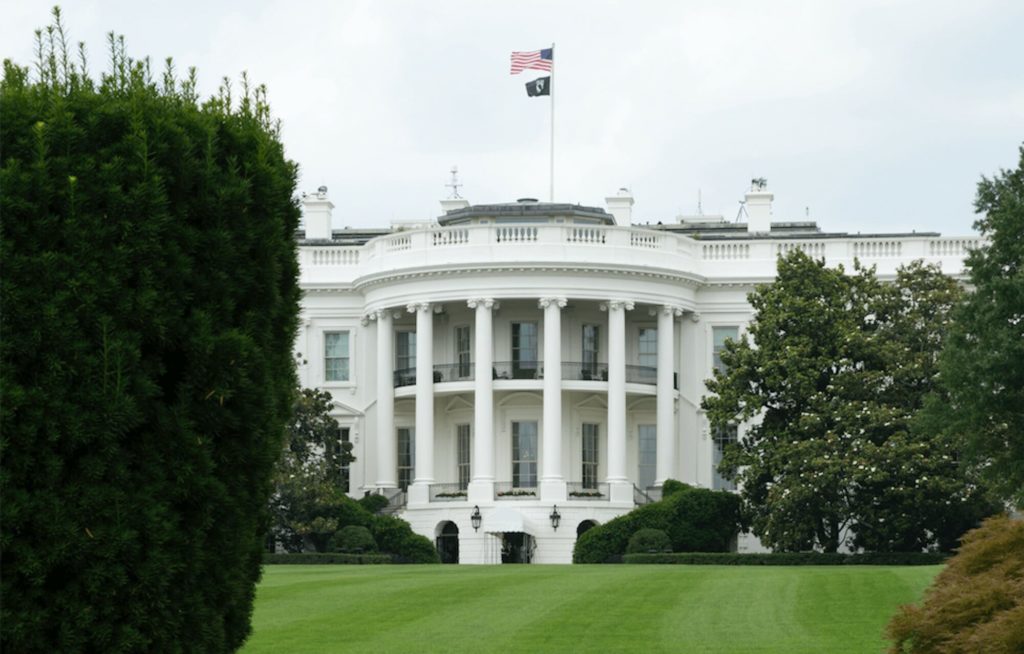
One of the nation’s largest aging service organizations is demanding Congress and the Biden administration prioritize workforce training and retention of caregivers to meet the needs of aging adults.
In a new report, USAging, the national association that supports area agencies on aging, found that “scores of older adults” across the nation are at risk of being placed on waiting lists for critical services, such as in-home assistance, bathing, dressing meal preparation and transportation to medical appointments.
“With evidence mounting as to the value of these services to the health and well-being of older adults, it is unacceptable that our nation would fail to address these workforce issues, leaving older adults at risk of poor health outcomes and nursing home admission,” USAging CEO Sandy Markwood said in a statement.
The report painted a dire picture of the demands area agencies on aging are experiencing based on a recent survey. The USAging poll found 94% of agencies are seeing an increase in the number of seniors requesting support, with 95% of agencies reporting an increase in the complexity of needs in those seeking assistance. At the same time, 41% of agencies reported having staff vacancies of up to 15%. Additionally, 92% of area agencies reported the dearth of caregivers was resulting in seniors not receiving one or more services and consequently missing medical appointments and often being hospitalized or admitted to skilled nursing facilities at higher rates.
Markwood said many agencies are doing what they can locally to address the caregiver shortage but stressed they can’t address systemic national problems, such as underinvestment in social services and U.S. employment trends.
“We need a national strategy to address this crisis, and it needs to include expansion of key programs that support older adults, such as the Older Americans Act and Medicaid home- and community-based services programs,” Markwood said. “Major investments in these two critical programs are priorities of the Biden Administration, yet Congress has not yet followed suit — missing a key opportunity to include investments for these programs in the Inflation Reduction Act.”
The Biden administration provided $12.7 billion in additional Medicaid funding to states through the American Rescue Plan Act. ARPA included a temporary 10% increase in Federal Medical Assistance Percentage (FMAP) that states can use to expand HCBS programs. An additional $150 billion in HCBS funding that was part of the Biden Administration’s Build Back Better plan stalled in Congress late last year.



